2017, the year of Bitcoin
The sudden rise in the price of the cryptocurrencies during 2016 announce a storm in the international financial system. The digital revolution will also affect payment systems and how to conduct P2P money transactions, without banking intermediaries.
Your 10 euro bills tomorrow will only be a piece of paper. From midnight today, the money you treasure in your pocket will not be worth anything. Citizens who wish to exchange their notes for others of lesser value will have to wait until next week when the banks open again. For the time being, they will remain closed by a presidential order. Until then, no one shall exceed the limit imposed on exchanges, and an ID will be required at the counter.
This notice is a half-fiction. It does not concern any country of the European Union, so no European should worry. But it has just happened in India, where President Narendra Modi surprised his citizens with an announcement similar to this one that went into effect without prior notice. «Black money and corruption are the biggest obstacles to eradicating poverty,» the president said in his defense of a measure as radical as eliminating much of the money circulating overnight in the country.
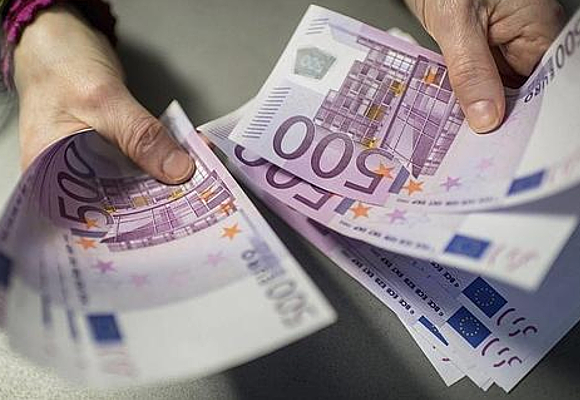
The situation in India sounds familiar to the fiction imagined above, doesn’t it? Without going quite this far, Europe has practically banned 500 euro bills designed by the European Union itself, while the Spanish government prevents any cash transaction of more than 1,000 euros.
If we analyze the effects of the restriction imposed by any government on the free circulation of money, the traditional response of the citizens has been the creation of a parallel market called the black market. The official change becomes almost anecdotal for a large part of the population, which prefers to exchange goods and services with a more reliable currency. It is the everlasting chorus of how black money is created wanting to avoid the black money so often seen in Cuba, Ghana, Russia or the former Yugoslavia.
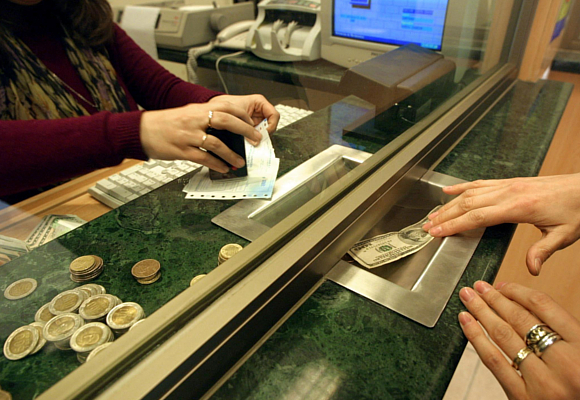
How many times have tourists had to go to the street traders to obtain better exchange rates for their currency than if they were exchanged in an official bank or in the hotel where they are staying! Because foreign currency issues are also a tourist issue.
Since 2007, the international financial crisis has undermined the credibility of the entire banking system, in need of successive bailouts paid out from the citizens’ pockets. If such redemptions have been widespread in countries with weaker economies, now it seems to be the turn of the first world powers. The banking situations in Germany and the United States are critical. China does not know what to do with the yuan anymore. Japan has not emerged from its crisis for more than 20 years. And in Italy, the financial situation is practically bankrupt.
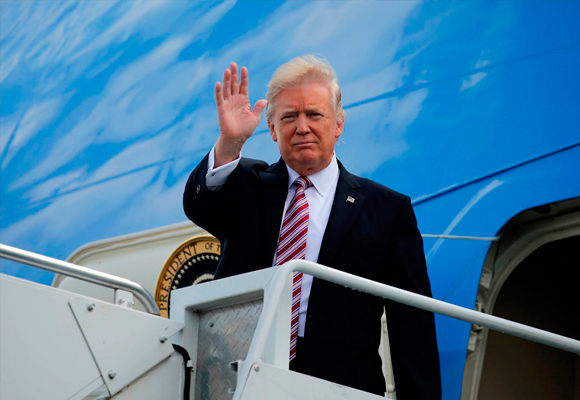
The threats of a new bailout now concern the citizens of the first powers, who will surely reject a tax increase to cover the bill for this new financial nonsense. They are the winds that justify the triumphs of Brexit, Donald Trump and more than likely of Marine Le Pen in France, and the ultra substitute of Angela Merkel in Germany. No one seems to trust the existing financial systems. And if there is no trust in institutions, they certainly fall or be replaced by new ones.
For this reason, we affirm in a headline perhaps too presumptuous that 2017 will be the year in which citizen confidence in its national currencies, supported by sovereign states, is moving towards new digital currencies, backed by social networks. If shared reviews have replaced the old hotel-by-star rating system, just as P2P platforms are replacing hotel chains in trust, the new cryptocurrencies such as Bitcoin will gain confidence in national states. Their power not only to issue currency, but also to falsify currency (adding or eliminating circulation as is politically convenient), will be diminished. A look at the evolution of the bitcoin, indicated in the following graph, shows that the high upward trend observed in recent months has something to do with everything previously expressed.
Since January 2016, the price of the bitcoin has quadrupled, but is expected to rise to even higher levels in 2017. Bloomberg anticipates as the primary cause of this formidable pull the increase in public confidence in digital coins for several reasons. One of them, unquestionably, is the opening of one million new accounts in bitcoins only in the last quarter of 2016, according to data released by the specialized platform and service wallet CoinDesk.
Another of the accelerating factors in Bitcoin trading has been the adoption of stricter controls on the movement of capital in the leading economies of the world, such as the ban on cash transactions of more than 1,000 euros in Spain. And, more than anything else, the barriers imposed by China on the expatriation of yuan in cash are severely affecting the world trade, as well as the constraints imposed by many governments on exchange rates since the Great Recession. Those hurdles curb the liquidity of national currencies in the financial markets, which induces investors to search for alternatives outside the official foreign exchange markets.
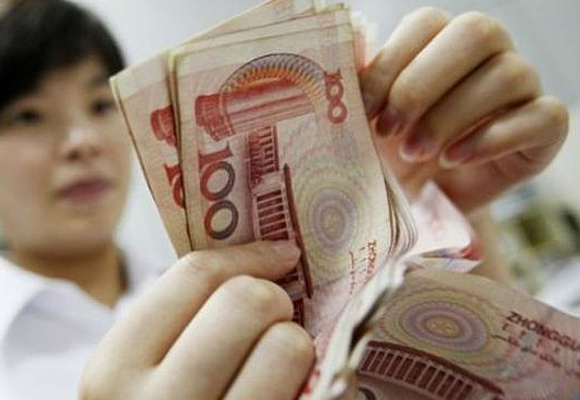
The so-called ‘Trump effect’ threatens right now the credibility of the exchange market because of its announced protectionist policy and economic isolationism, which would stop the sending of remittances, in the case of Latin American immigrants, to their countries of origin.
But not all are consequences of economic policies in the immediate horizon. On the technological side, as expected, Bitcoin’s supply will become increasingly scarce, which will delay the process of dilution of the value attributed to so-called cryptographic mining operations. Recall that, although the number of cryptocurrencies is potentially infinite, its liquidity is finite, because the bitcoin was designed with a limit of 21 million monetary units. The value of the bitcoin, like that of other cryptocurrencies, is established solely by supply and demand vis a vis the main traditional currencies, although no financial authority can intervene, unlike with the latter.

Cryptocurrencies are governed exclusively by an open-source mathematical model, which is increasingly being adopted by large international financial institutions, which fear falling behind as financial intermediaries and are exploring the limits of the mathematical model known as Blockchain. To understand what this means, Blockchain is something like a universal ledger program, as if there was a collective Excel sheet in which suppliers and consumers register their activities in a transparent way.
Almost all the main European and North American banks are now beginning to use Blockchain technology in their accounting notes. So if it finally does not happen that 2017 is the year of the bitcoin, we are convinced that at least it will be the year of the Blockchain.
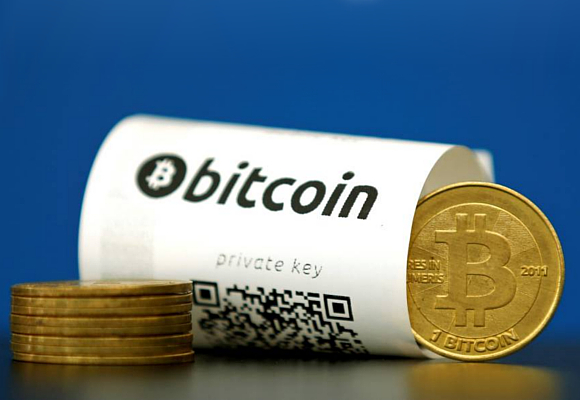
But back to the causes that explain the dizzying rise of Bitcoin in 2016. Of its total potential of 21 million units, the so-called Bitcoin miners (anyone with a personal computer can mine Bitcoin coal through the necessary encryption technology, although the complexity of this task demands more and more calculation power, energy expenditure, and technological experience) have already managed to encrypt 80 percent of the monetary fund. This fact has halved the generation of new bitcoins since mid-2016.
After the completion of the mining task, just when the whole currency is finally encrypted, the value of each unit will increase, depending on its scarcity and the economic growth. Probably, some predictable inflationary tensions should dampen, in the logic of the market, the downward trend in marginal costs of production. Perhaps the future of the digital economy will be determined by a mathematical link between a currency of increasing value and an economy of abundant goods. Technology will achieve this shocking dialectical miracle.
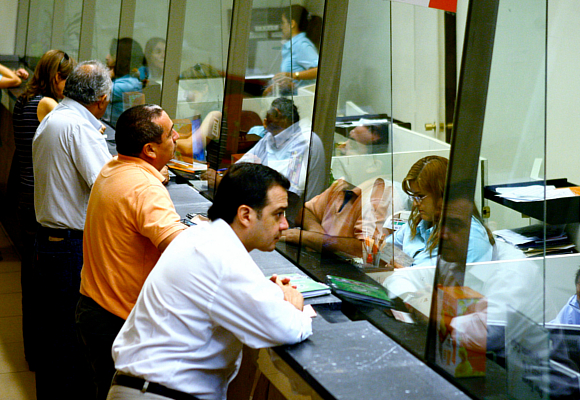
We are still at the beginning of what will be a great revolution in the international financial system. Citizens, adept at social networks and digital technology, no longer accept a delay of several days in their monetary transfers, nor the consequent commission for an accounting brokerage that is still purely transactional. And, as we have been asserting for a long time, all transactional intermediaries are doomed to disappear or be replaced by new technological intermediaries capable of providing a value superior to merely transactional.
It is true that this technology, like all technologies, is susceptible to improvement in quality and reliability. The risk of robbery and bankruptcies of currency exchanges, such as Criptsy or Mt.Gox in 2014, now appear to haven been duly remedied. The bitcoin is already much safer than any other traditional currency. Its operations are promptly registered in that transparent spreadsheet that is Blockchain. Let’s agree that no currency is invulnerable to theft or owner anonymity, but actually thanks to such technology, the bitcoin offers less vulnerability and a greater trust among the user community. And, what is more attractive, it is beyond the reach of the local economic authorities and its ‘counterfeit’ money machine.
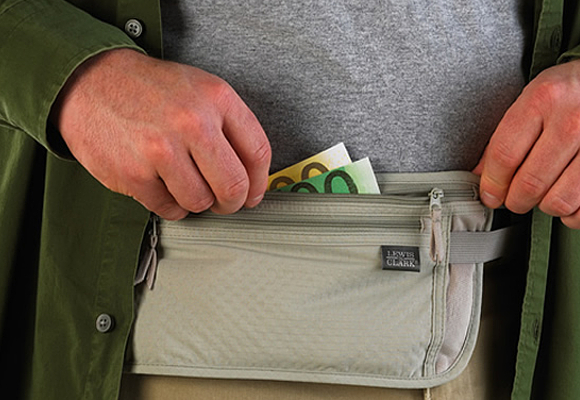
The implementation of the bitcoin, exempt from all administrative regulations, today represents a strategic chapter in the agenda of any tourism company. Due to their international and digital nature, tourism operators can not continue to depend on a national state or suffer the high commissions that the official foreign exchange market imposes on their activity. Any traveler knows what his budget is after deducting these charges because of the continuous currency changes imposed at each border crossing. Any consumer knows the tariff to pay for an order on Amazon originating in a country other than his own. The economic efficiency of tourism demands dispensing with these old resources and embracing the methodologies of digital technology immediately.
The advantages of Bitcoin in the tourism industry are innumerable. Tourist companies like Destinia or BTCtrip are trailbreakers in embracing this new cryptocurrency. On the one hand, the bitcoin is a global currency that can be used in all countries of the world, regardless of its legality (for example, the dollar is illegal in several countries). The issuance limit of 21 million units makes the money supply predictable, preventing fraud and counterfeiting while improving the purchasing power of its holders. Its incremental divisibility (0.0008 bitcoins or 0.8 milibitcoins at the date of writing this article) is a psychological aid to the perception of prices in a gradual descent.

It is a currency outside the fiduciary system since its value does not depend on the economic policy of any government, nor on the intervention of any central bank. Unlike what happens with the bank transfers in national currency, the bitcoins are transacted instantly, and their accounting is registered in the corresponding Blockchain ledger. The transactions are irreversible, so that no administrative office or a third party outside the operation can reverse the payment method subject to the commercial agreement.
Furthermore, there are platforms used for currency custody until all parties comply with their part of the agreement. Bitcoin’s cryptographic algorithm protects it from being counterfeited and is backed by several servers located in remote areas in the world. Blockchain’s protocol is so sure that even the most prestigious financial institutions have begun to adopt it to protect their money transfers and credit card movements.

As we have pointed out, transactions are P2P (peer to peer) and are annotated in a freely accessible logbook, although users of this system can remain anonymous. Sure, this circumstance makes the bitcoin appropriate to move black money, sell drugs or carry out arms trafficking operations, the same as anything that can occur with official currencies. The identity of the coins owners are not printed on the coin just as they have it with Blockchain system.
The tourism industry especially benefits from the low transaction cost of the bitcoin, less than any credit card, promissory note or electronic transfer through PayPal. It works in a 24/7/365 regime, that is, there are no opening hours for banks or holidays for any international transaction. It is stored without the need for a mattress or a safe. It can be moved without the need of a bag or a briefcase, and a huge fortune could fit in a small USB device or, better still, somewhere in the cloud along with the photographs of a trip. It is a useful currency for micropayments, thanks to its low transaction cost and its extraordinary divisibility.

Tourism is increasingly global and digital. What would be paradoxical is that this technological revolution would not transform our political, social, cultural and economic organization as well. If banks anticipate the future by embracing Blockchain technology, tourism companies will soon be forced to do so as well or face competition from these financial institutions. The Blockchain technology will manage the tourism of the future as well. I will advise you when this happens.
Disclosure: The Luxonomist is not responsible for the views expressed in the article. The text has been written freely expressing their own ideas, without receiving any compensation. The author has no business relationship with any of the companies whose shares are listed in this article.

